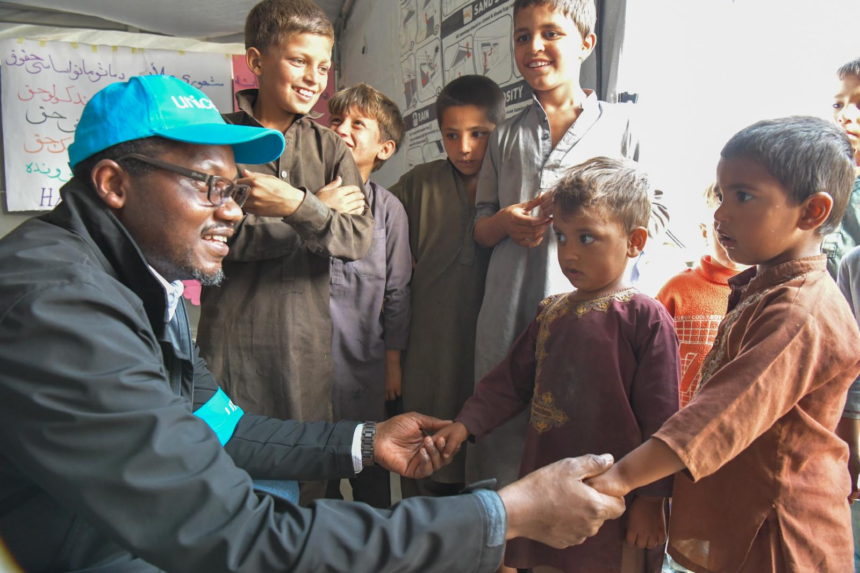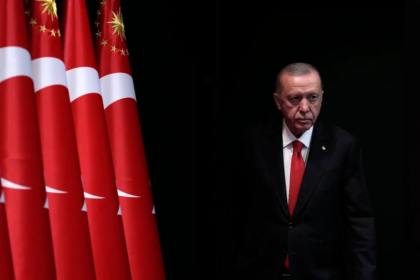RASC News Agency: Amid the accelerating wave of forced repatriations from Pakistan, the United Nations Children’s Fund (UNICEF) has sounded the alarm over the dire conditions confronting returnee families particularly children at Afghanistan’s Torkham border crossing. The agency has revealed that approximately 20 percent of the children returning from Pakistan are unaccompanied, arriving without parents or legal guardians, thereby exposing them to elevated risks of exploitation, trafficking, and psychological trauma. According to UNICEF, thousands of Afghanistani nationals are being expelled daily, many of them enduring the journey back in states of acute physical exhaustion, emotional distress, and without access to even the most basic humanitarian support. In response, the agency, with assistance from the Chinese government, has distributed over 5,700 hygiene kits at Torkham. Each package includes 14 essential items such as soap, shampoo, sanitary pads, toothbrushes, towels, and water containers intended to offer immediate relief and protect against communicable diseases.
These interventions are critical in preventing outbreaks of illnesses like acute diarrheal infections, which are prevalent in crowded, unsanitary environments such as temporary reception points. Additional stockpiles of these hygiene kits have also been strategically prepositioned in eastern, western, and southern regions of the country for rapid deployment in case of further surges. In parallel, UNICEF has initiated hygiene-awareness sessions targeting returnee families, with over 40,000 individuals already trained at Torkham alone. These sessions address crucial topics such as hand washing techniques, water purification, and menstrual hygiene life-saving knowledge in a country where public health education has deteriorated drastically under the Taliban’s increasingly repressive governance.
Compounding the humanitarian crisis is Afghanistan’s escalating water emergency. UNICEF reports that more than 12 million people lack access to clean drinking water or basic sanitation infrastructure. Years of relentless drought, shrinking groundwater levels, and widespread water contamination have created fertile ground for waterborne epidemics, particularly among children under the age of five those most vulnerable to preventable diseases. In response, UNICEF has begun providing clean water through tankers and the construction of permanent boreholes in key transit zones. To date, over 42,000 families have benefited from these water systems. Additionally, nearly 200 public latrines have been installed to enhance hygiene and sanitation at Torkham’s overstretched reception centers.
While these emergency measures represent a vital lifeline, they do little to address the root causes of the humanitarian collapse. The mass returns are the result of Pakistan’s increasingly aggressive deportation policy targeting undocumented Afghanistani refugees many of whom had lived in Pakistan for decades. Upon their return, they face not only economic ruin but re-entry into a homeland governed by an authoritarian regime that continues to dismantle fundamental rights and obstruct the delivery of public services. UNICEF’s interventions, though indispensable, underscore a more troubling reality: the absence of a capable, rights-respecting government in Afghanistan has rendered the country incapable of reintegrating its own citizens or safeguarding its most vulnerable. Without systemic political reform, the restoration of international engagement, and an accountable governing structure, Afghanistan’s children will continue to suffer the consequences of a deepening, man-made disaster.






